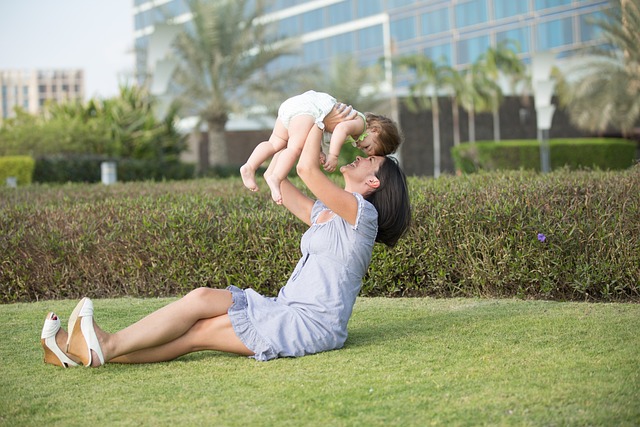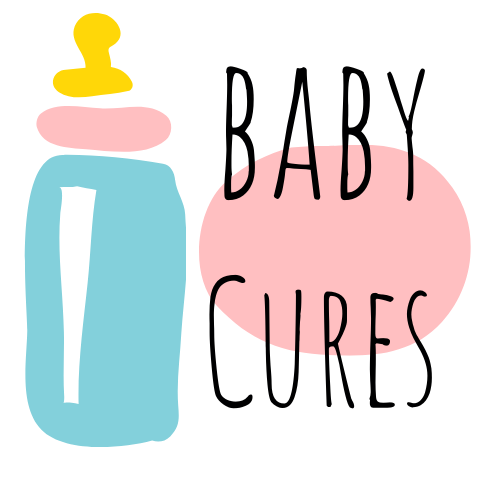It is never too early to start teaching and learning. From the moment babies are born, they are presented with a world of possibilities and experiences that can be used to stimulate their growth and development. Creating fun and engaging learning environments for babies not only helps them reach developmental milestones but also strengthens the bond between parent and child. This article will provide helpful insight on how to create an immersive and entertaining learning environment for babies that makes learning enjoyable.
Benefits of Fun Learning
When it comes to learning experiences for babies, fun is the way to go. Research has shown that fun and interactive learning activities can have an immensely positive impact on a baby’s development. Engaging in enjoyable activities can help infants discover the world around them, foster creativity, and develop early language skills.
Fun learning activities for babies don’t have to be complicated or expensive. They can range from simple games like peek-a-boo and pat-a-cake to more complex tasks such as singing songs and introducing books. Playing with toys is also a great way for young children to learn new ideas and concepts while having fun at the same time. Activities like this will help your baby become familiar with colors, shapes, numbers, letters, animals, sounds, and much more.
Sensory Exploration
Sensory exploration is an important part of learning experiences for babies. It helps to stimulate their minds and develop critical thinking skills from an early age. Through sensory exploration, infants learn how to recognize objects, generalize information, and experiment with different sounds and textures.
Babies can explore a variety of things through their five senses – sight, sound, touch, smell, and taste. For example, they can observe the shape and color of toys or listen to music in order to recognize patterns in sound. It is also important for them to touch different objects such as blankets or stuffed animals so that they can become familiar with various textures. Additionally, babies should be encouraged to smell flowers or foods in order to learn about aromas which will help them identify objects later on in life.
Art and Music Activities
Art and music activities are essential to a baby’s development and provide learning experiences for them. Babies can benefit from art activities, like finger painting, as it helps to develop their fine motor skills. Music activities such as singing or playing simple instruments help babies learn the basics of rhythm and timing. Such activities also provide babies with opportunities to interact with others in a creative way.
As babies grow older, they can be encouraged to explore more complex art and music projects that help them engage their imagination and creativity. These projects can range from creating musical instruments out of everyday objects or crafting 3D works of art with modeling clay. For example, an older infant might have fun making a maraca out of an empty plastic bottle filled with dried beans or pasta shapes, while another might enjoy molding figures out of play dough.
Storytime and Singing
Storytime and Singing are two of the most important learning experiences for babies. Not only do they help to foster a sense of security and comfort, but they can also give infants and toddlers the right start in life.
Through story time and singing, babies learn to recognize different sounds and tones, as well as become familiar with a variety of language patterns. These activities also serve to improve their communication skills by increasing language comprehension. Additionally, music helps babies develop a better understanding of rhythms while stories provide opportunities to explore emotions.
Parents should aim to integrate both story time and singing into their baby’s daily routine whenever possible. Doing so will help them gain an early appreciation for reading, writing, music, art, and maths – all essential components for their cognitive development later in life!
Physical Activity
Physical activity is an important part of learning experiences for babies. It helps to develop their motor skills, coordination, and balance. It also promotes healthy physical development and lays the foundation for a lifetime of active habits.
Studies show that babies are capable of participating in interactive physical activities as early as two months old. Parents can start by introducing simple movements such as reaching and grasping objects or rolling over with the help of verbal cues and encouragement. As they grow older, more complex activities like crawling, hopping, and running can be introduced to further enhance their cognitive development.
Creating a stimulating environment is key to encouraging physical activity among young children. Providing age-appropriate toys to explore, playing music, or engaging in parent-child playtime will help foster curiosity in babies and keep them engaged while developing motor skills necessary for growth.
Games and Puzzles
Games and puzzles are an important part of learning for babies. They provide fun and engaging experiences that help babies develop skills such as problem-solving, hand-eye coordination, memory, recognizing shapes and colors, language development, and more. Puzzles in particular can have a huge impact on a baby’s cognitive development; they not only help to stimulate the brain but also build confidence as they learn to complete tasks that once seemed daunting.
In addition to being educational tools, games and puzzles are also fantastic bonding experiences between parent or caregiver and child. Interacting with a baby while showing them how pieces of a puzzle fit together helps them recognize facial expressions and body language cues that strengthen the connection between the two parties. Playing these types of activities can create memories that will last a lifetime!
Conclusion: Positive Developmental Outcomes

With the right learning experiences, babies can develop a range of positive outcomes as they grow. Babies are capable of absorbing important skills and knowledge from their environment, and it is therefore essential to provide them with opportunities for growth and development.
These learning experiences should be structured in such a way that they naturally stimulate their senses so that babies can gain valuable life skills at an early age. For example, physical activities like crawling help to strengthen babies’ muscles and improve coordination. Cognitive activities such as sorting blocks by color or shape will encourage problem-solving abilities while language-based activities like storytelling help nurture communication skills. Such activities also provide opportunities for social interaction which helps babies learn how to cooperate with others and build relationships.
Therefore, by providing meaningful learning experiences for your baby, you can pave the way for many positive developmental outcomes in the future!

